– Why self-acceptance is the key to a happier life.

It is that time of year again, time to make resolutions you probably won’t keep for more than three weeks, and for most of you, time to feel guilty, shameful, and bad about your “inability” to stick to them. This year, make the only resolution you need: resolve to love and accept yourself.
There is no more revolutionary idea in our society, than the idea that self-acceptance is important, if not crucial, to health and happiness. To many, self-acceptance, and self-love, is indulgent, arrogant, sinful, and will lead to “laziness”, a terrible thing in a culture that values “busyness” and self-denial. “But if I accept myself, I will never change or improve”, is something I hear from my patients on a daily basis.
However, new research from neuroscience shows just the opposite. As Alex Korb explains in his book “The Upward Spiral” (2015), guilt and shame reward the pleasure centres of the brain:
“Despite their differences, pride, shame, and guilt all activate similar neural circuits, including the dorsomedial prefrontal cortex, amygdala, insula, and the nucleus accumbens. Interestingly, pride is the most powerful of these emotions at triggering activity in these regions — except in the nucleus accumbens, where guilt and shame win out. This explains why it can be so appealing to heap guilt and shame on ourselves — they’re activating the brain’s reward center.”
By attaching guilt and shame to our behaviours, we guarantee we will continue them. By detaching guilt and shame, we stop rewarding ourselves for “bad” behaviour. Every time someone criticizes us for our behaviour and we respond with guilt and shame, we become more attached to those behaviours.
In addition, guilt and shame become “payments” that allow us to continue those same behaviours. How many times have you felt shame, for example, for eating a “bad” food? How many times has it stopped you from eating it again? Instead, you make a deal with yourself: “I can eat this food, if I feel bad about it afterward”.
 To explain further, and to answer the inevitable question, this does not mean that all behaviours are okay and healthy to continue. It just means you will never stop doing them simply by feeling bad about them, and by feeling bad about yourself.
To explain further, and to answer the inevitable question, this does not mean that all behaviours are okay and healthy to continue. It just means you will never stop doing them simply by feeling bad about them, and by feeling bad about yourself.
So what is the alternative? Begin with self-acceptance of who you are right in this moment. Self-acceptance means saying to yourself “I see you. I hear you. You are not perfect, you may even be a little nuts, but I love you.” Accept yourself the way you wish others would accept you.
There are many good ways to practice self-acceptance. Here are a few:
1. Practice gratitude.
 Find one thing to be grateful for in each day. Again, neuroscience research has found that the act of gratitude stimulates production of both serotonin and dopamine, both of which are key to elevated mood. There will be days when you can’t find anything to be grateful for, and on those days, you can be grateful for breathing in and out. It is the act of searching for gratitude which stimulates the production of good-mood hormones (Korb, 2015). Gratitude also allows for positivity, which counteracts self-judgement.
Find one thing to be grateful for in each day. Again, neuroscience research has found that the act of gratitude stimulates production of both serotonin and dopamine, both of which are key to elevated mood. There will be days when you can’t find anything to be grateful for, and on those days, you can be grateful for breathing in and out. It is the act of searching for gratitude which stimulates the production of good-mood hormones (Korb, 2015). Gratitude also allows for positivity, which counteracts self-judgement.
2. Become more aware of your present surroundings.
 This is what is meant by “mindfulness”. When you are more present, your attention is focused on your sensations of, and interactions with, the world. This means you are less focused on regretting the past, or worrying about the future. Try to name emotions as you experience them. Naming emotions reduces their impact on brain function and chemistry (Korb, 2015). You may become aware that you spend a lot of mental energy in self-criticism. Sometimes, you become more aware that you are anxious, depressed, or in an unhappy situation, and this is uncomfortable, even distressing for some people. If this happens, seek out help, in whatever form you are comfortable with.
This is what is meant by “mindfulness”. When you are more present, your attention is focused on your sensations of, and interactions with, the world. This means you are less focused on regretting the past, or worrying about the future. Try to name emotions as you experience them. Naming emotions reduces their impact on brain function and chemistry (Korb, 2015). You may become aware that you spend a lot of mental energy in self-criticism. Sometimes, you become more aware that you are anxious, depressed, or in an unhappy situation, and this is uncomfortable, even distressing for some people. If this happens, seek out help, in whatever form you are comfortable with.
3. Question your own judgments about your behaviours.
 Are they in proportion to the behaviour? If you had a friend who did the same thing, how would you judge their behaviour? Are you minimizing or maximizing the behaviours’ impacts on your life and happiness?
Are they in proportion to the behaviour? If you had a friend who did the same thing, how would you judge their behaviour? Are you minimizing or maximizing the behaviours’ impacts on your life and happiness?
Self-acceptance is the path to redemption. Once you accept yourself, warts and all, paradoxically you are better able to change, because you have lessened your emotional attachments to those behaviours. Once you accept and love yourself, you begin to treat yourself as you would a loved one. You opt for the best health possible, you choose things that support and nurture yourself, and you reject things, people and situations which are harmful to you. You know yourself well enough to make good decisions and take wise risks to improve and better your life. And your need for resolutions vanishes.
Dr. Rebecca is available for consultations. Click here to book an appointment.
About the author
Dr. Handford graduated from the Boucher Institute of Naturopathic Medicine in 2007 after her previous work in counselling and administration for several the non-profit organizations. Her unique background has given her the opportunity to meet people from all walks of life and communities, and she believes that everyone can benefit from the healing power of nature.
Dr. Handford also believes that health is a balancing act that changes from day to day. Health arises not just from our genetics, behaviour and habits, but also from our environment and attitudes to life and life events. She approaches each person who comes to her as an individual with a “life story” unique to them. She spends time getting to know her patients’ personal and family history, their medical history, their habits and patterns of behaviour, and their current state of health, using interviews, physical exams, and lab testing. She creates holistic treatment plans that include dietary suggestions, supplements designed to support the body’s innate healing abilities, physical medicines such as IV therapies or injections, exercise prescriptions, and stress-reduction interventions. She may also write pharmaceutical prescriptions and referrals to other professionals as needed. Dr. Handford is skilled at differential diagnosis and finding the root causes of disease; she is a proactive doctor who supports her patients to be their healthiest, happiest selves, now, and in the future.

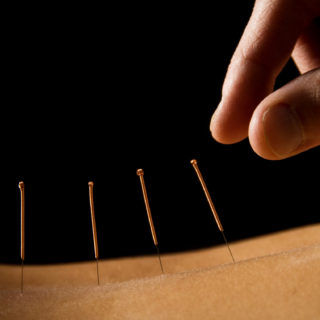

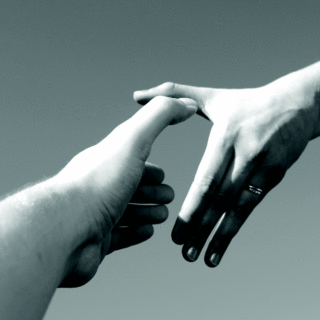

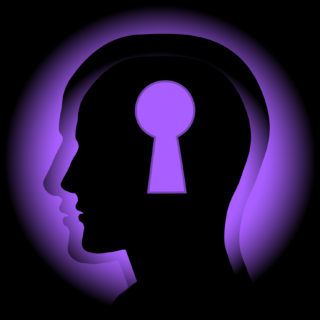



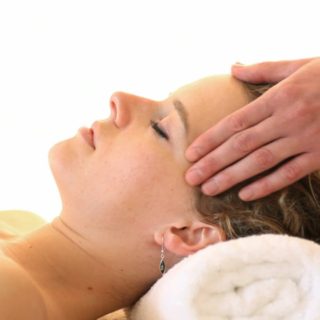



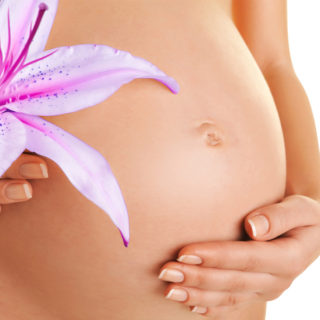




No Comments
Be the first to start a conversation